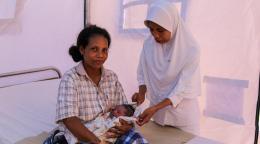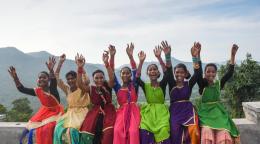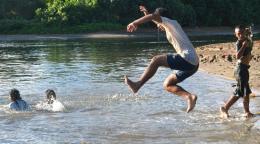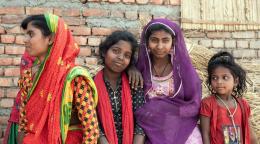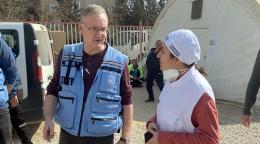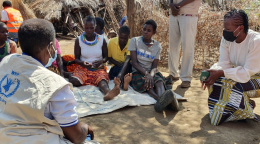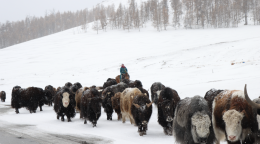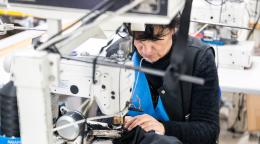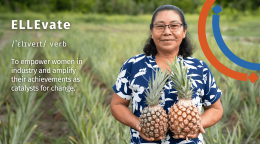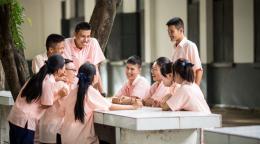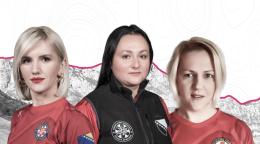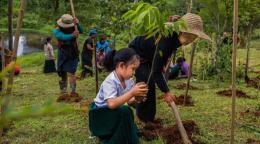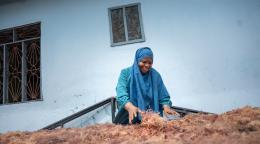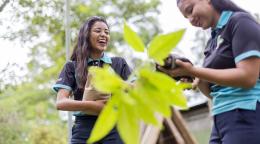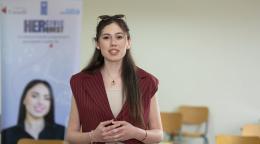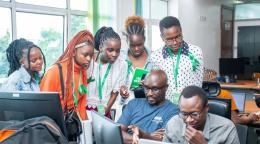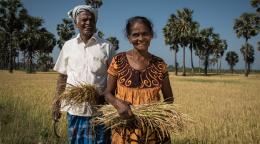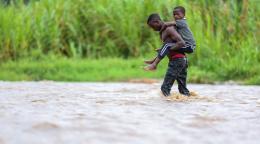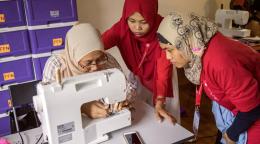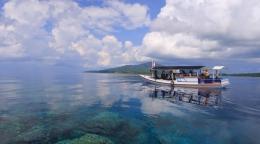Agents of Peace: Transforming Conflict in Quiché and Huehuetenango

In Guatemala, despite notable progress toward the Sustainable Development Goals, persistent challenges related to inequality and security continue to affect lives and livelihoods, particularly among disadvantaged communities, including Indigenous peoples. These challenges often contribute to disputes over land and natural resources, heightened humanitarian needs linked to food insecurity, and the pressures driving migration.
Strong and connected foundations for peace are essential to sustaining peace in Guatemala. They need to foster mutual recognition and inclusive citizen participation, especially among historically marginalised groups such as women, youth, rural communities, and Indigenous peoples.
With support from the United Nations Peacebuilding Fund (PBF), UN Development Programme (UNDP), UN Women, and UN Economic, Social and Cultural Organisation (UNESCO), the project “Strengthening Foundations for Sustaining Peace” has been implemented in the regions of Huehuetenango and Quiché. Its aim is to create greater space for dialogue and collaboration between the state and society, enabling a more inclusive approach to conflict.
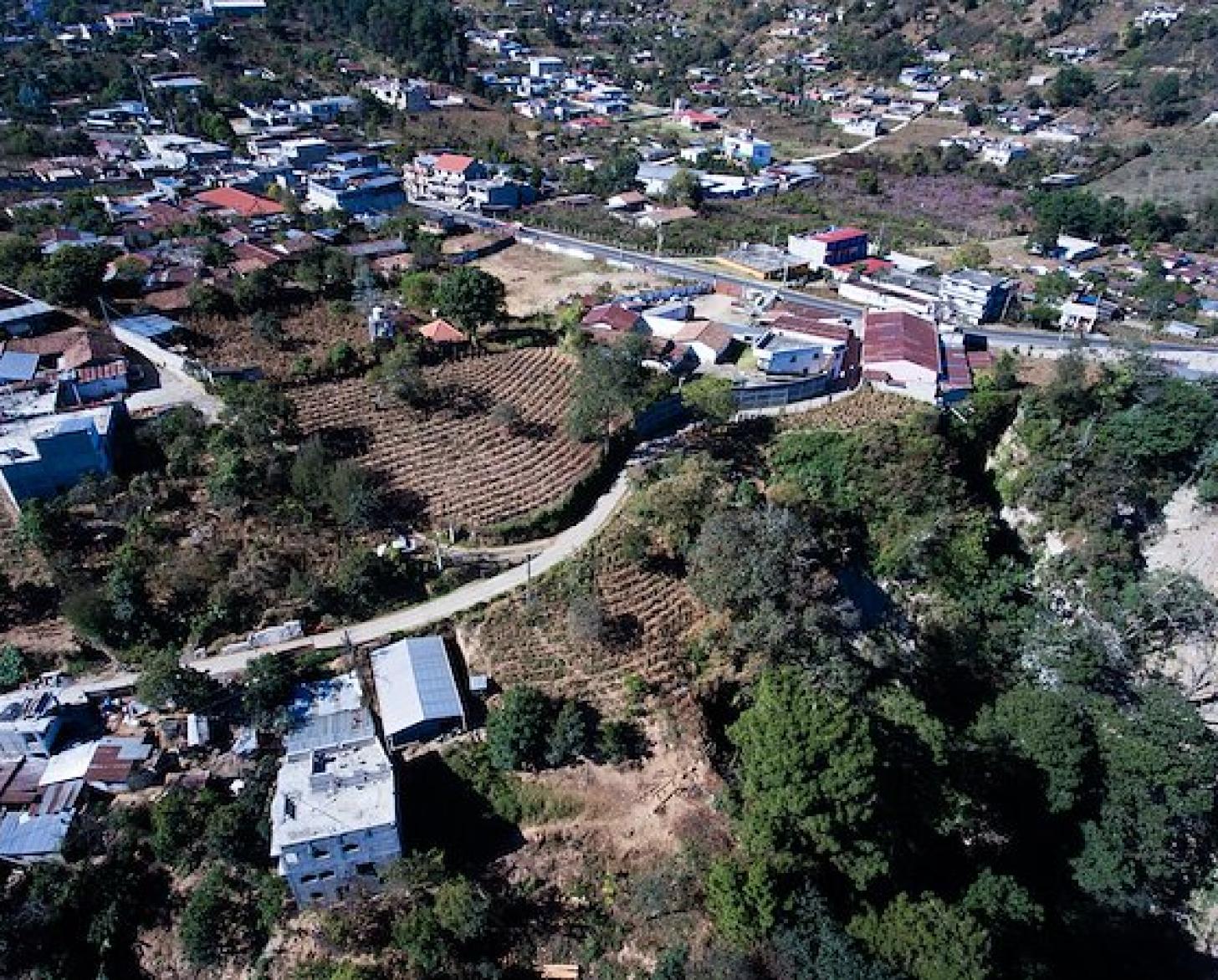
As part of the project, more than 120 public officials and civil society leaders in Huehuetenango and Quiché completed training in Peace Culture and Conflict Transformation. This initiative strengthened the knowledge and skills of key actors in resolving conflicts at both the regional and local levels.
Reflecting on the course, Luis René Valdez, Head of the National Civil Police Substation in San Andrés Sajcabajá, Quiché, shared:
“One module that stood out for me was on conflict resolution and human rights. It changed my perspective. I identify more with citizens, channel and analyze information differently, and always try to be empathetic; because many times people’s discontent is rooted in very real concerns.”
The programme also provided tools for conflict resolution, while empowering women leaders to strengthen their political participation, leadership, and understanding of human rights.
“The fact that people of different ages and backgrounds participated allowed us to share diverse perspectives, understand how others see life, and become more realistic about the problems facing our country,” says Kathelin Sic, a student leader from the Landivarian Movement in Quiché.
Specialised training was also delivered to Indigenous women leaders from the Ixil region in Quiché, focusing on political participation, leadership, and human rights. As a result, 81 women leaders from Cotzal and Chajul now hold more prominent roles within Indigenous authorities. In Cotzal, women now represent half of the newly elected Indigenous authorities.
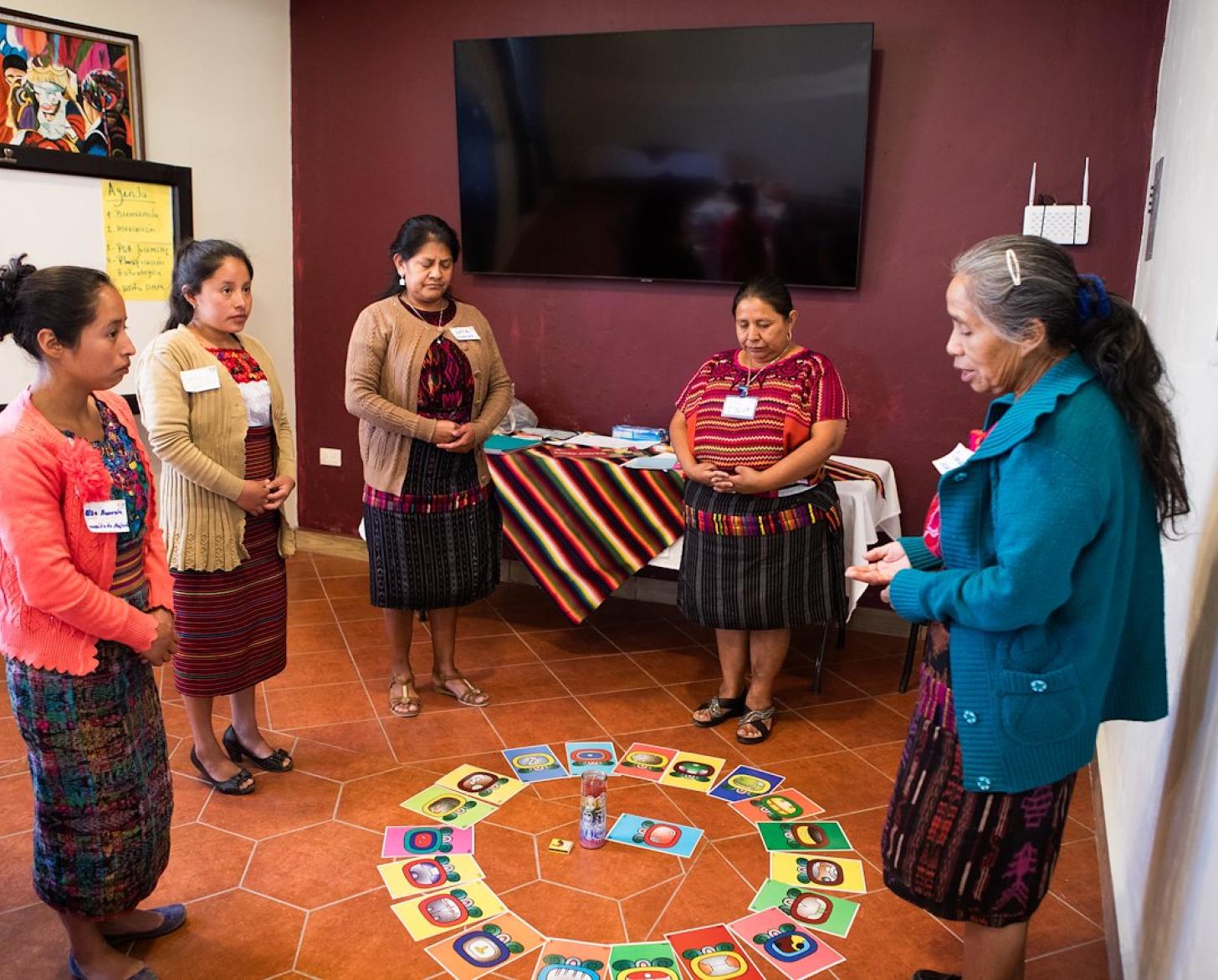
The project encouraged dialogue-based decision-making that fostered mutual recognition and inclusive participation. It placed particular emphasis on historically excluded groups such as women, youth, rural communities, and Indigenous peoples. At the same time, it respected their own forms of representation, organization, and perspectives on development and the use of natural resources.
“I believe it’s vital to raise awareness among different leaders about why we organize and why we struggle. It’s not just about attending a workshop and then going home. There is a deeper reason behind our efforts,” reflects Lucía.

At the institutional level, technical tools were also provided to two key regional conflict-resolution bodies: MEDESACH in Huehuetenango (Regional Roundtable on Security and Conflict Resolution) and CODESAC in Quiché (Regional Commission on Security and Conflict Resolution). These tools have enhanced conflict mapping, analysis, and resolution through dialogue.
Together, these efforts have strengthened the foundations for peace in Guatemala and fostered stronger coordination between institutions in these predominantly Indigenous regions.
This article was first published in Spanish by the UN Peacebuilding Fund in Guatemala.
